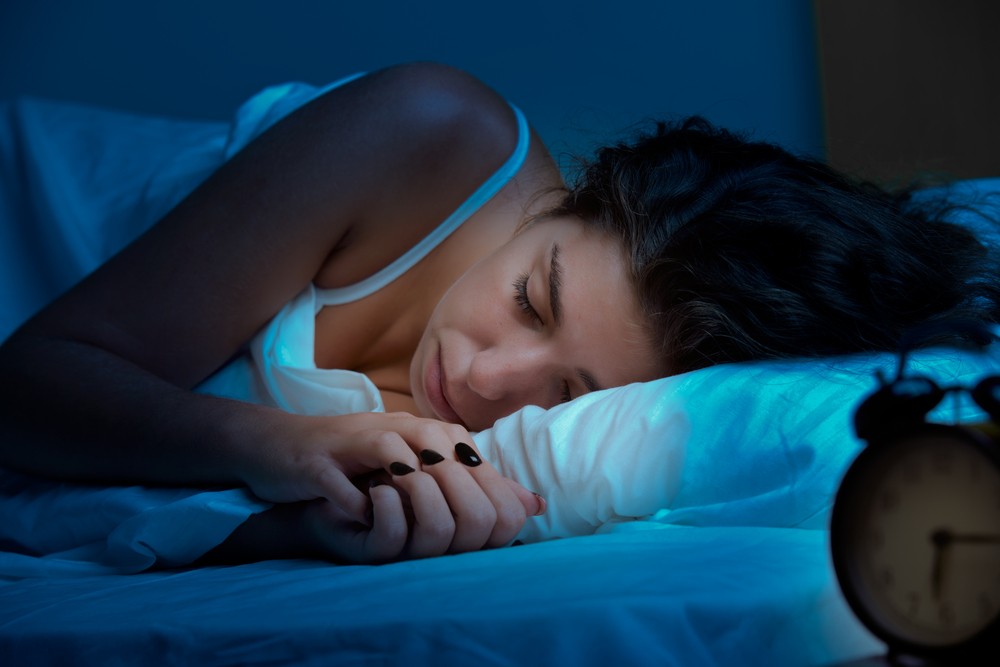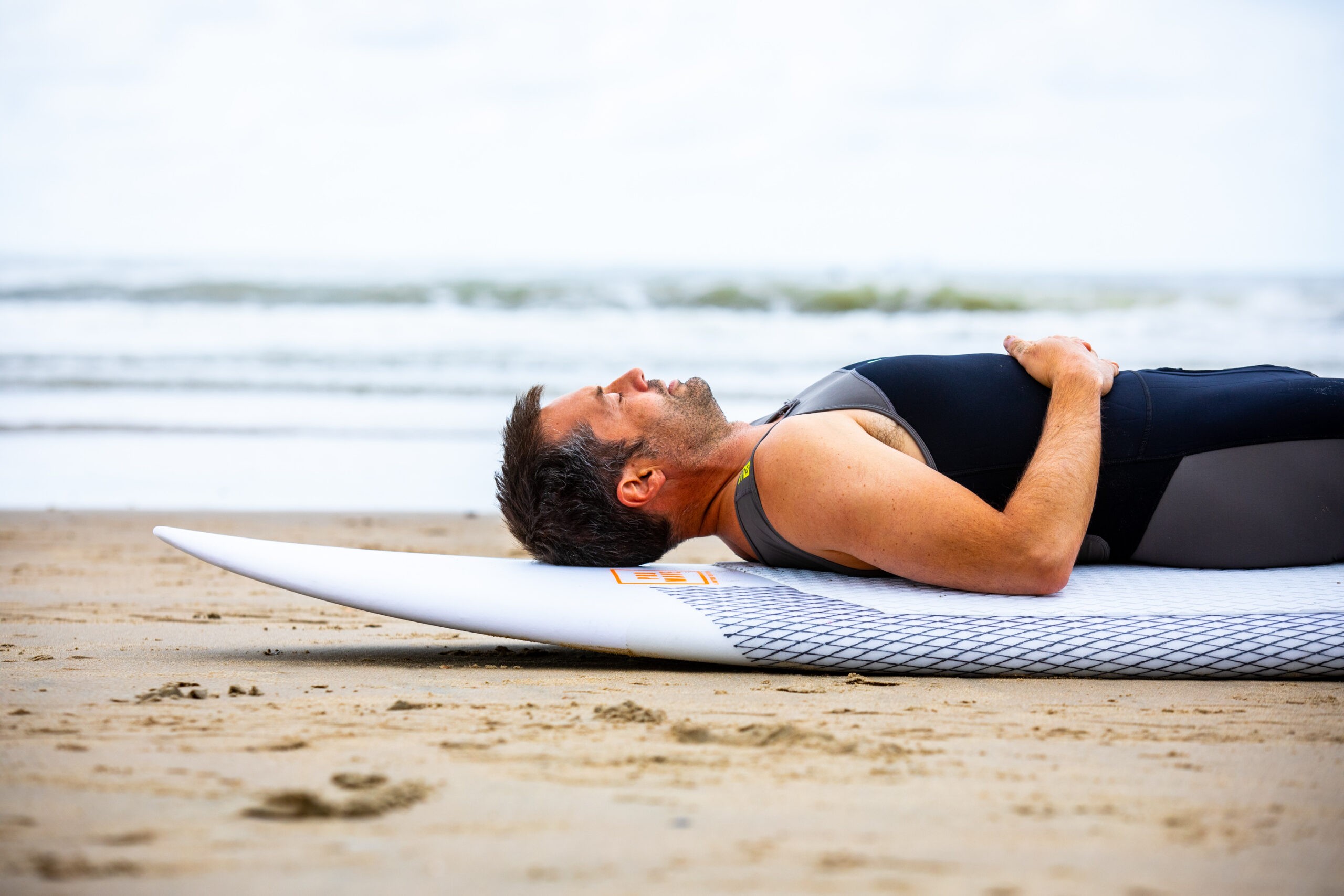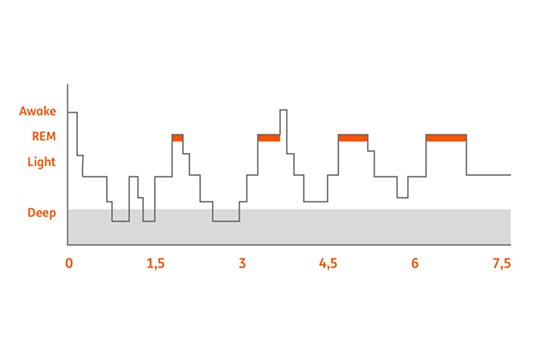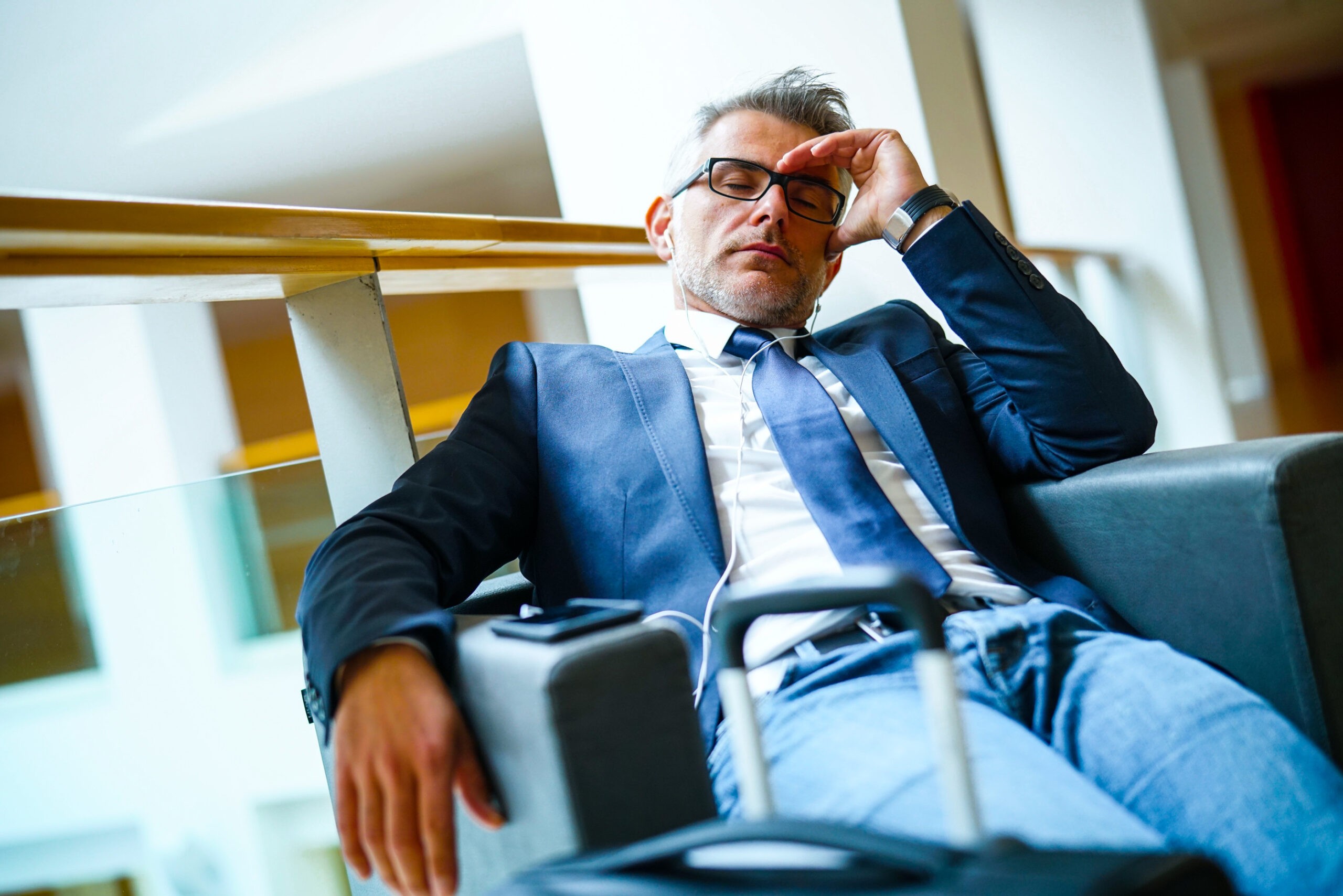Nap Strategically
It’s known for quite some time that taking daytime naps can increase your alertness, make you more focused, productive and creative; boost your performance. A recent study also suggests that you short naps can make you happier.
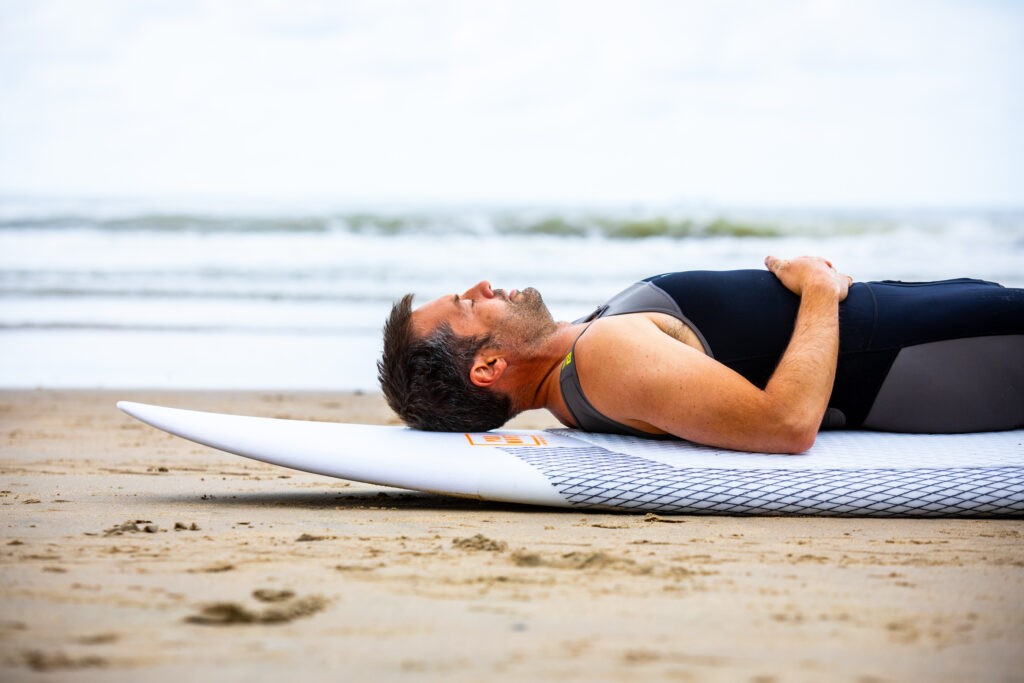
When Should you Take Naps?
In an ideal world, you would not need naps at all. In reality however, this can be a challenge. You may not be able to sleep more than six to six and a half hours on certain nights, or need to travel through a large number of time zones. In these situations, strategically planned naps can help you repay some of your outstanding sleep depth.
The Downslide of Naps
Daytime naps are not a good idea for everyone. Naps first and foremost lower your sleep drive, and thus may also keep you up at night. Also, when you take longer naps, you increase the chance of waking up from a deeper stage of sleep. This can make you feel groggy.
To get the most out of your naps, you need to nap strategically. Here’s a list of tips that can help you get the most out of your naptime.
Tip 1 –Get comfortable.
Preferably in ‘zero gravity’ position (like in a sunbathing chair) or lying down.
Tip 2 – Go dark & quiet.
Try to make your area as dark as possible or invest in a sleep mask. Earplugs or relaxing background music might help too.
Tip 3 – Make it quick OR take your time.
Power naps should be 15-25 min. This will allow you to get some light sleep (stages 1 & 2) and will lower your sleep drive, which has a positive effect on your alertness and motor skills, which is useful when you need to stay awake and focus.
Restorative (aka full cycle) naps should be +/- 90 minutes. This is because you want to prevent yourself from waking up from deep sleep, and allow yourself to go through all the different stages of sleep, that each in their own way will help you to get some genuine recovery.
Tip 4 –Do it right after lunch.
If possible take a siesta. In general, this is the best time to take a nap, taking full advantage of your body’s natural post-lunch dip, making it easier to fall asleep. Don’t take them after 4 pm, as this can make it harder to fall asleep at your regular bed time.
Tip 5 – Have a light lunch before you nap.
Consuming large quantities of carbohydrates, sugars or fats may keep you awake.
Tip 6 – Have a coffee before you nap.
After sleeping for twenty minutes, your sleep pressure will have decreased significantly because sleep naturally clears out adenosine in your brain, of which the build-up in your brain makes you tired. This makes it easier for caffeine (which takes about 20 minutes to get to your brain) to connect to the receptors in your brain (it competes for with adenosine) and keep you alert.
N.B. When you are seriously sleep deprived though, then taking a nap, even every day, will not be sufficient. So, use them purely as a strategic tool in specific situations that ask for extra energy.
Tip 7 – Establish a routine.
Keep a regular nap schedule if you are going to nap frequently and do it in the same place and for example with the same background music. This way you can train your body to fall sleep quickly.
